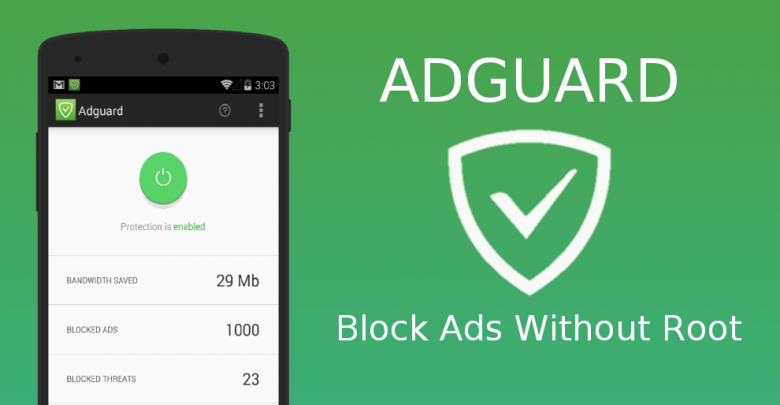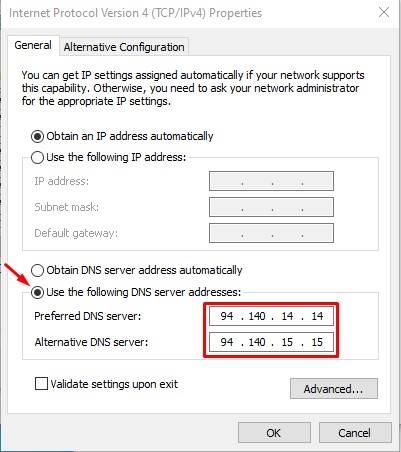

There are also DNS servers that provide DNS-level blocking. Your device always uses some DNS server to obtain IP addresses of the domain name apps want to navigate to. And a regular DNS resolver simply returns the IP address of the requested domain. So each time you go to a website, your browser sends a DNS query to a DNS server (which is usually provided by your Internet Service Provider) to figure out the IP address of the website. You can think of DNS as the "address book" of the Internet. Just to refresh your knowledge, DNS stands for "Domain name system", and its purpose is to translate websites' names into something browsers can understand, i.e. Why? Because DNS is the answer! What DNS-level blocking is Then buckle up and get ready for a fascinating journey through the past, present, and future of DNS filtering. But what if you want to widen this "window" and have it all? It provides just a tiny window into the "better Internet" without aggressive and intrusive banners vying for your attention. Given that ads and ad trackers are everywhere the Internet is, a browser-based ad blocker seems to be not enough.
Adguard dns trustworthy tv#
So you can either watch the video or read this text to learn about content blocking at scale.Ībsolutely everything is connected to the Internet these days, from TV to smart light bulbs, from mobile devices to smart auto. If you have any doubts, let us know in the comment box below.This article was written based on a talk given by AdGuard's CTO and co-founder Andrey Meshkov at Ad Blocker Dev Summit 2021. I hope this article helped you! Please share it with your friends also. The method shared above would remove ads from every webpage.

Adguard dns trustworthy android#
Make sure to use them to remove ads from the web pages, apps, and games on your Android smartphone.Īdguard DNS won’t block all ads, but it will block the most annoying ones. These are some of the best DNS for ad blocking on Android.
Adguard dns trustworthy download#
Once done, you need to download the NextDNS app and then set up the app to enable the DNS server. However, to get its DNS server address, you must create an account and configure your settings. The private DNS of NextDNS is even capable of blocking malware and phishing attacks, cryptojacking, and more. It can block malicious websites, block ads, and trackers, filter the content, and more. NextDNS claims to protect your device from all sorts of security threats on the web.

If you just want to block ads, add p2. to the Private DNS configuration. It has dedicated DNS servers for ads & tracker blocking, social media unblocking, content filtering, and more. Control DĬontrol D is another great public DNS provider on the list that claims to stop ads, malware, and trackers from accessing your smartphone or computer. Just follow the steps we have shared above, and set on the Configure Private DNS field. Setting up LibreDNS to block ads on Android is pretty simple. It’s a great DNS server if you want enhanced security while browsing the app. LibreDNS is a public DNS provider on the list that blocks ads and bypasses certain restrictions. Below, we have listed some best DNS for AD blocking on Android smartphones. You can use other DNS for ad blocking on your Android as well. Like the Adguard DNS, there are plenty of other DNS providers for privacy. That’s it! You are done! Now restart your Chrome browser to apply the changes.

Select the DNS tab and tap on the Clear Cache option. Now, enter "chrome://net-internals" the URL bar and hit enter.ġ0. Now search for ‘DNS’ and turn off the Async DNS option.ĩ. On the URL bar, enter "Chrome://flags"and hit Enter.Ĩ. Save the settings and open the Google Chrome browser.ħ. Now, you need to select the option Configure Private DNS.ĥ. Under the Network & Internet Settings, select Private DNS.Ĥ.


 0 kommentar(er)
0 kommentar(er)
